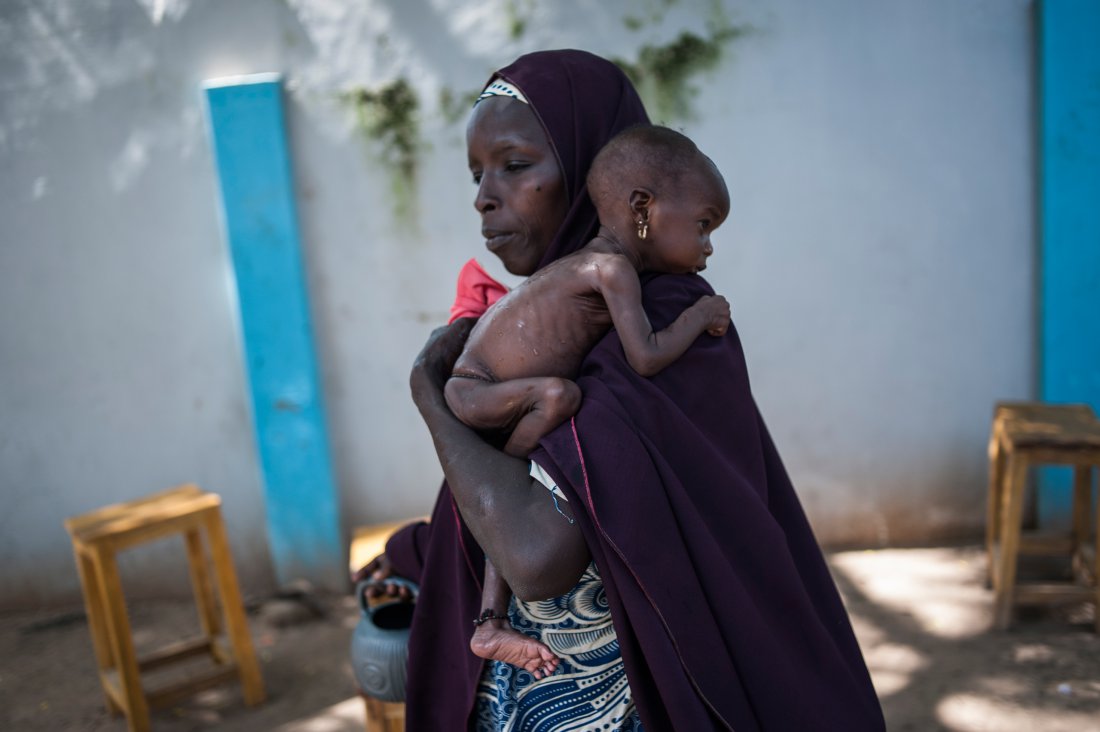Nearly 1.4 million children are at risk of dying from severe acute malnutrition in 2017 if there is no immediate intervention, UNICEF has said.
In a statement released by the organisation on Tuesday, UNICEF says about 22 million children are sick, hungry, displaced and out of school in four countries, Nigeria, Somalia, South Sudan and Yemen.
“More than a month after famine was declared in South Sudan, time is running out for more than a million children as drought and armed conflict devastate lives in northeast Nigeria, Somalia, South Sudan and Yemen,” UNICEF said via a statement.
“Children can’t wait for yet another famine declaration before we take action,” said Manuel Fontaine, UNICEF director of emergency programmes. “We learned from Somalia in 2011 that by the time famine was announced, untold numbers of children had already died. That can’t happen again.”
Advertisement
UNICEF says it will require close to $255 million to provide these children with food, water, health, education and protection services for just the next few months.
“Most of the funds – over $81 million – will go towards nutrition programmes to screen children for malnutrition and provide them with therapeutic food.
“An additional $53 million will be allocated to health services including vaccinations, while over $47 million will go to water, sanitation and hygiene programmes to prevent potentially deadly diahorreal diseases.
Advertisement
“The remaining funds will help protect children affected by conflict and displacement and provide them with education services. Cash assistance will also be offered to the most vulnerable families.
“The resources needed over the next few months are part of a broader appeal for all of 2017, totaling $712 million – a 50 per cent increase over funding requirements in the four countries at the same time last year.”
Add a comment






